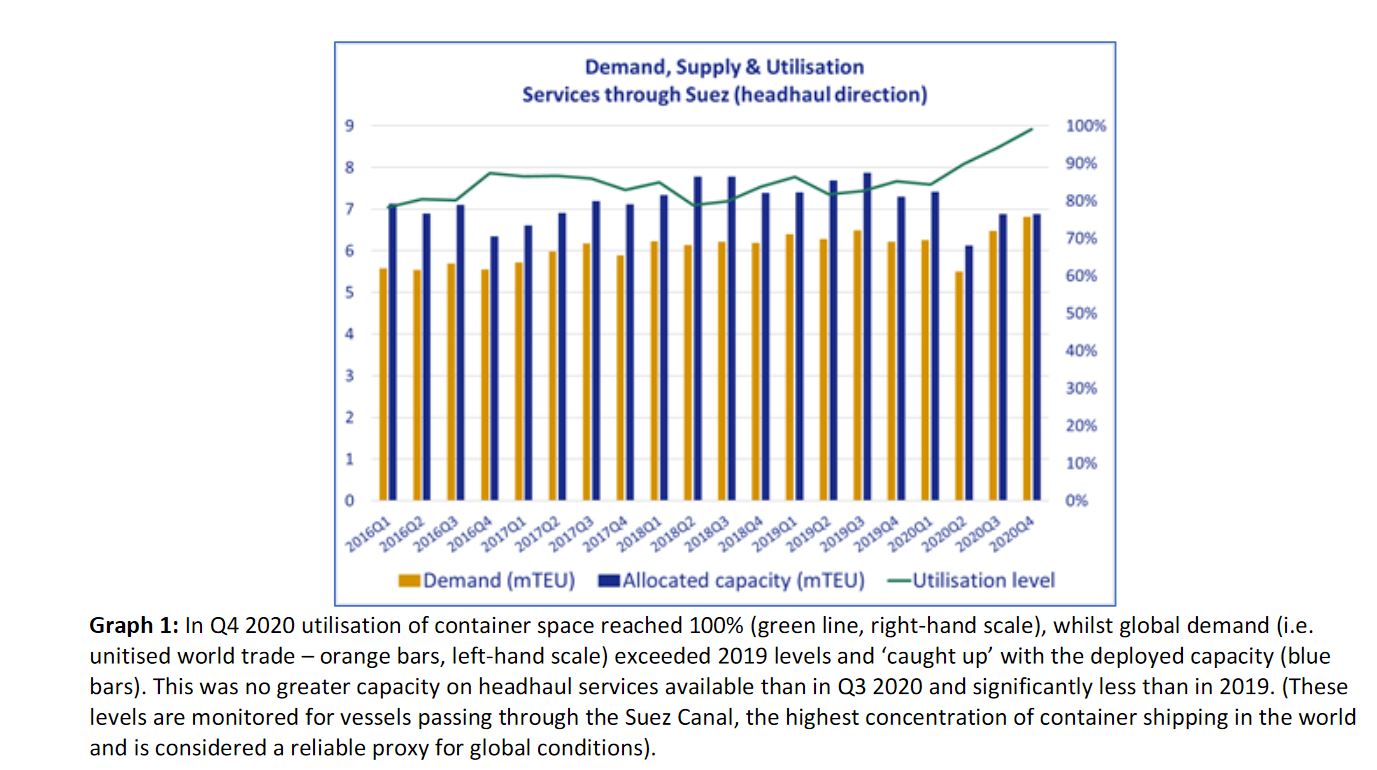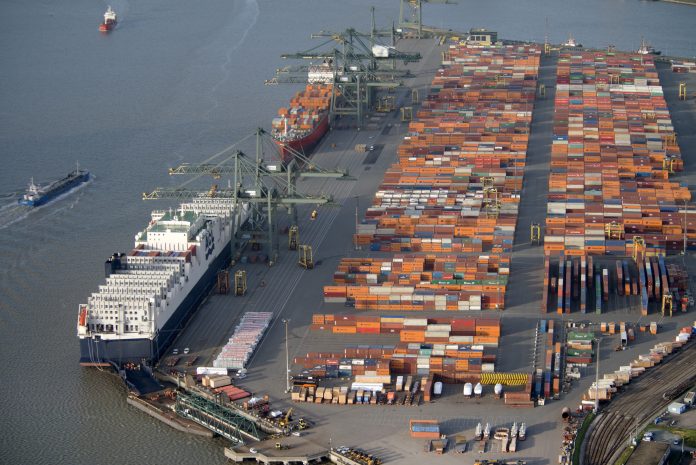The Global Shippers’ Forum (GSF) has called for the EC to monitor the container shipping industry more closely as the Consortia Block Exemption Regulation (CBER) is distorting the market.
[s2If is_user_logged_in()]According to GSF the CBER allow the carriers within the remit of their alliances to share commercially sensitive information in order to manage the space on vessels and to co-ordinate sailing schedules.
According to Hookham the past year has been a “rollercoaster ride” for those in the logistics industry, “The degree of co-ordination and discipline between shipping lines has been remarkable and has attracted the attention of regulatory authorities around the world, most notably in the US, China and South Korea. Only the EU has remained silent, yet four of the biggest shipping lines in the world fall within its jurisdiction.”
He added that while the Chinese approach may not be the favoured way forward, “ at least they have shown an interest.”
GSF believes that the EC has created a policy and that it is reasonable for shippers to demand that they supervise that policy and define the way in which the policy is affecting the market and the “structural deficiencies in that policy”.
In outlining the demands that the GSF is making Hookham added that the EC has said on previous occasions, in 2019 and subsequently, that they do not have the resources to meet these demands to monitor the market (see below).
In its second survey of the industry, conducted with MDS Transmodal, GSF notes that the levels of demand in 2019 were similar to much of 2020, yet the utilisation rates and allocated capacity fell. While the number of vessels arriving within six hours of their scheduled arrival time fell by 15%. During this period of poor service, GSF argues, shippers have seen spot freight rates hit unprecedented highs.

GSF has identified three ‘must-do’ actions that the EC must undertake to re-balance the market in line with competition regulators elsewhere in the world:
- Equip itself with sufficient market data, and powers to acquire such data where it is not in the public domain, to be able to monitor the behaviour of the market.
- Establish performance thresholds, covering key service parameters such as capacity, rates and reliability, that will trigger further investigations if they are breached.
- Commence more frequent consultations with the industry’s stakeholders and representatives to understand the factors and experiences of ‘consumers’ of shipping line services, given its decision to abjure their rights to the protections otherwise enshrined in the EU Treaties.
[/s2If]
[s2If !is_user_logged_in()]Please login or register to read the rest of the story[/s2If]







